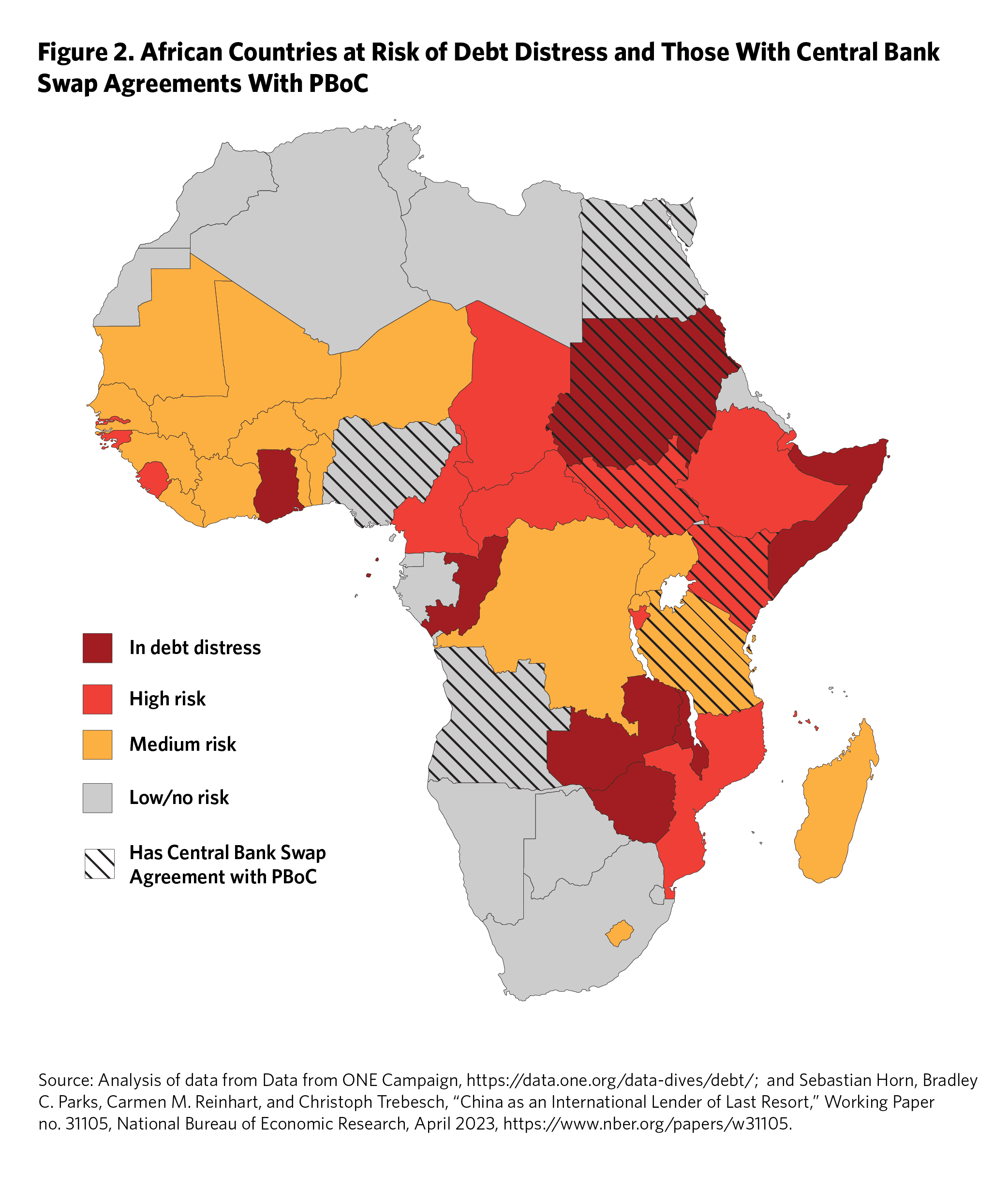
African governments are moving to recalibrate their economic relationships with multinational companies, launching a sweeping wave of contract renegotiations aimed at securing fairer terms and stronger control over strategic resources.
From Mali to Senegal, Kinshasa to Bangui, states are rewriting agreements they view as outdated, unbalanced, or misaligned with their development goals.
In Mali, the clash between the government and Canadian mining giant Barrick Gold underscores the scale of this shift. Amid disputes over taxes and contractual compliance, authorities seized three tons of gold and placed the company’s Loulo-Gounkoto complex under provisional administration. Production was suspended in early 2025, sparking significant revenue losses and international arbitration. Mali insists on enforcing its revised mining code and recovering hundreds of millions of dollars in what it claims are unpaid dues.
The West African nation has also pressured Resolute Mining into paying $80 million to regularize its operations, while reclaiming abandoned sites like Morila and Yatela for state management.
In the Democratic Republic of Congo, officials secured a landmark renegotiation in early 2024 of a 2008 agreement with a Chinese consortium. The deal boosted Congolese stakes in joint ventures from 32% to 70% and pledged an additional $7 billion investment in infrastructure.
The Central African Republic, meanwhile, revoked a Chinese firm’s license in June 2024 over tax and contractual breaches — emblematic of a growing demand for compliance and transparency.
Senegal has pursued its own recalibration beyond mining. The government renegotiated its agreement with Saudi Arabia’s Acwa Power for the Grande Côte desalination plant, a critical project for the nation’s water security. The revised deal lowers the price of desalinated water to 389.8 CFA francs per cubic meter from 427, halves the government’s financial burden between 2027 and 2029, and doubles the plant’s solar generation capacity from 150 to 300 megawatts-peak, allowing surplus electricity to be sold to SENELEC.
President Bassirou Diomaye Faye praised the outcome as a “strategic and win-win partnership” emphasizing transparency, efficiency, and sustainability.
This continent-wide trend — spanning gold, copper, and water — signals not a retreat from foreign investment, but a redefinition of the terms. By leveraging international arbitration and asserting their legal rights, African nations are carving a path toward economic sovereignty, seeking partnerships that deliver equitable benefits while strengthening national control over vital assets.



